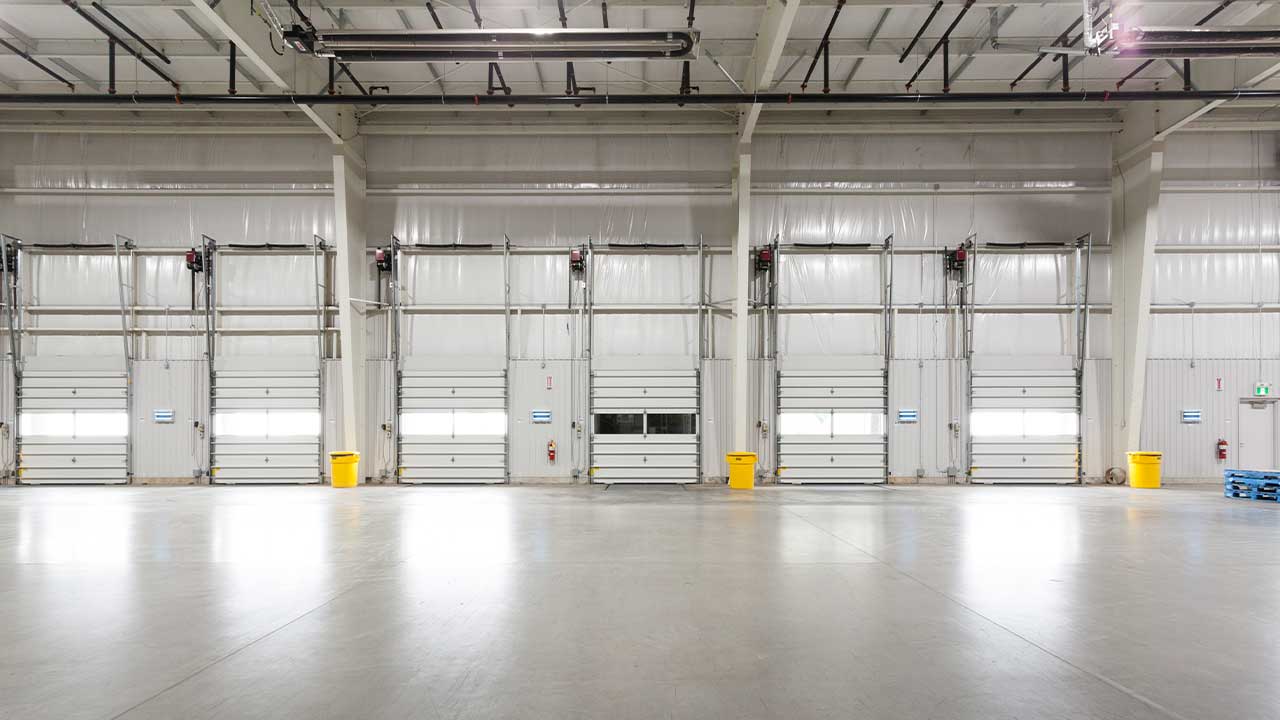If You’re Shipping Internationally, You Need to Know This
A Container Freight Station (CFS) refers to an area of a port where the loading and unloading of containerized cargo is completed.
This area, in most cases, is an extension of the port but still under the jurisdiction of the customs authority. Here is how CFS impacts logistics.
CFS Charges
One of the most commonly asked questions when it comes to matters of the logistics of importing and exporting goods is, “What are CFS charges?”
CFS charges refer to the fees that apply for each activity performed at a CFS, namely the import and export of goods through customs.
Various parameters determine these charges. In some cases, CFS charges can be uniform for a specified category of goods being handled.
CFS charges have a high impact on logistics when it comes to shipping goods into or out of a country. These charges can and will eat into a logistics budget if they happen to be higher than was expected.
If you are an exporter, it’s especially crucial that you understand what export CFS charges are. These are the charges that are involved when your containerized goods are packed onto the ship.
In some instances, the customs authority may liaise with customs authorities at the target destination so that they can charge an all-inclusive CFS fee that will cater for both countries, but this is uncommon.
This means that an exporter needs to always have the right information before exporting his or her goods.
How Does CFS Affect Logistics?
The smooth movement of your containers from one place to another is necessary for a logistics team to manage their products effectively.
This gives you both the peace of mind that is required to run a business and also allows you the confidence needed to make the right business decisions.
With CFS charges in play, a lot can change with regards to your logistics. This is how CFS affects logistics.
- Delays – A failure to negotiate CFS charges on time is one of the leading causes of delays that are experienced in the logistics industry. It is necessary to have an agreement in place to prevent these delays.
- Increased costs – CFS charges contribute largely to increased costs of logistics. For people thinking about getting into imports or exports, it is vital to partner with a firm that helps you with logistics to avoid these inflated costs.
- Deteriorating relationships – CFS charges are usually a bone of contention between custom authority officials and the importers and exporters. Many of the deteriorating relationships between their parties are caused by CFS charges and the failure to agree to a figure that appeals to both.
How Logistics Companies Help
- Negotiate – Logistic companies help you negotiate CFS charges with customs authorities. This takes the stress off your plate, especially if you are not knowledgeable about matters of customs.
- Streamline the logistics – Logistics, handled on an individual level, require that you keep track of each movement. This can be quite hectic. Logistics companies do this for you.
Final Thoughts: Dealing with CFS Charges
There’s no such thing as a way around them when it comes to CFS, customs, and charges that may apply to your goods. It’s essential as a business, to partner with firms and agents that help make this easier for you.

